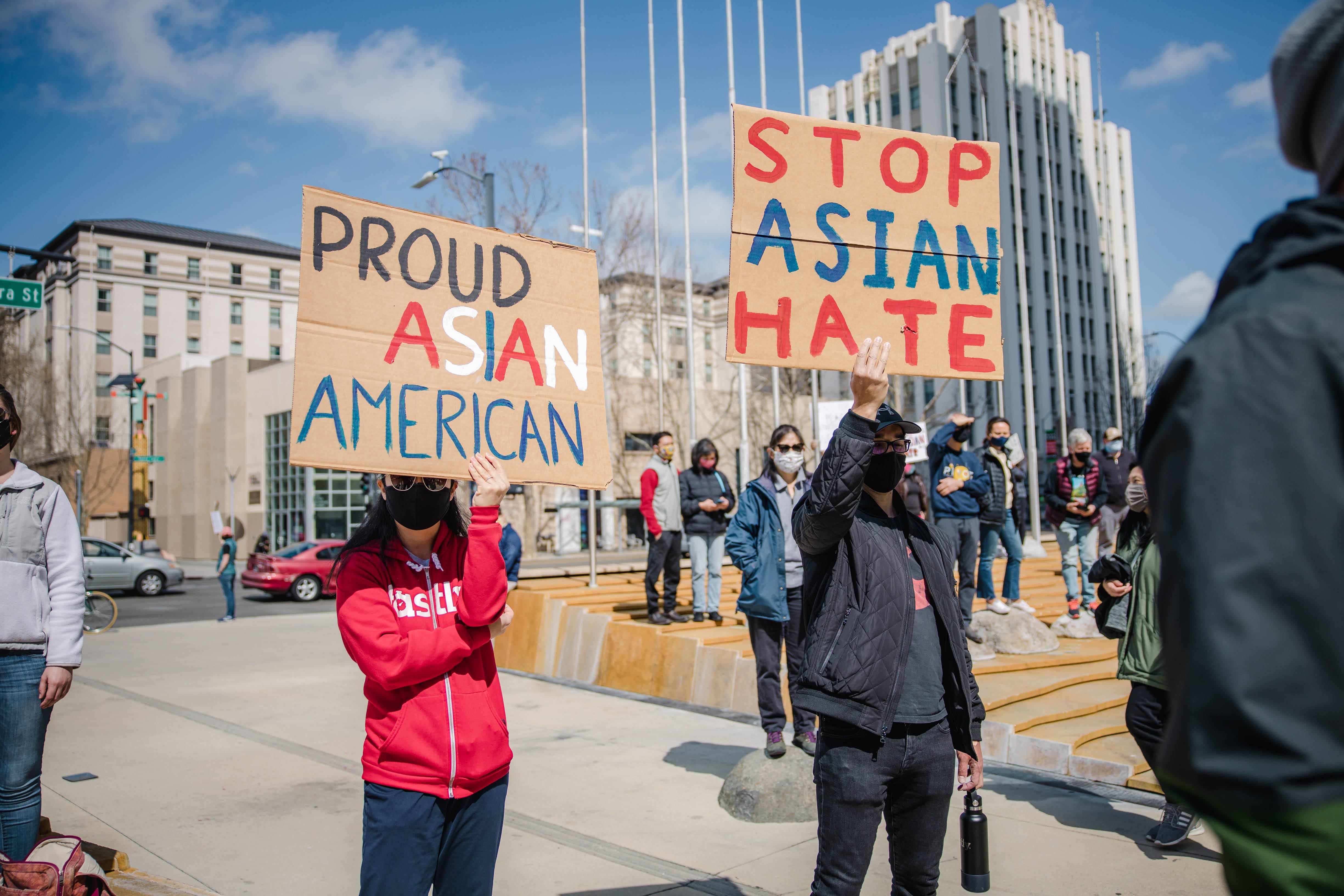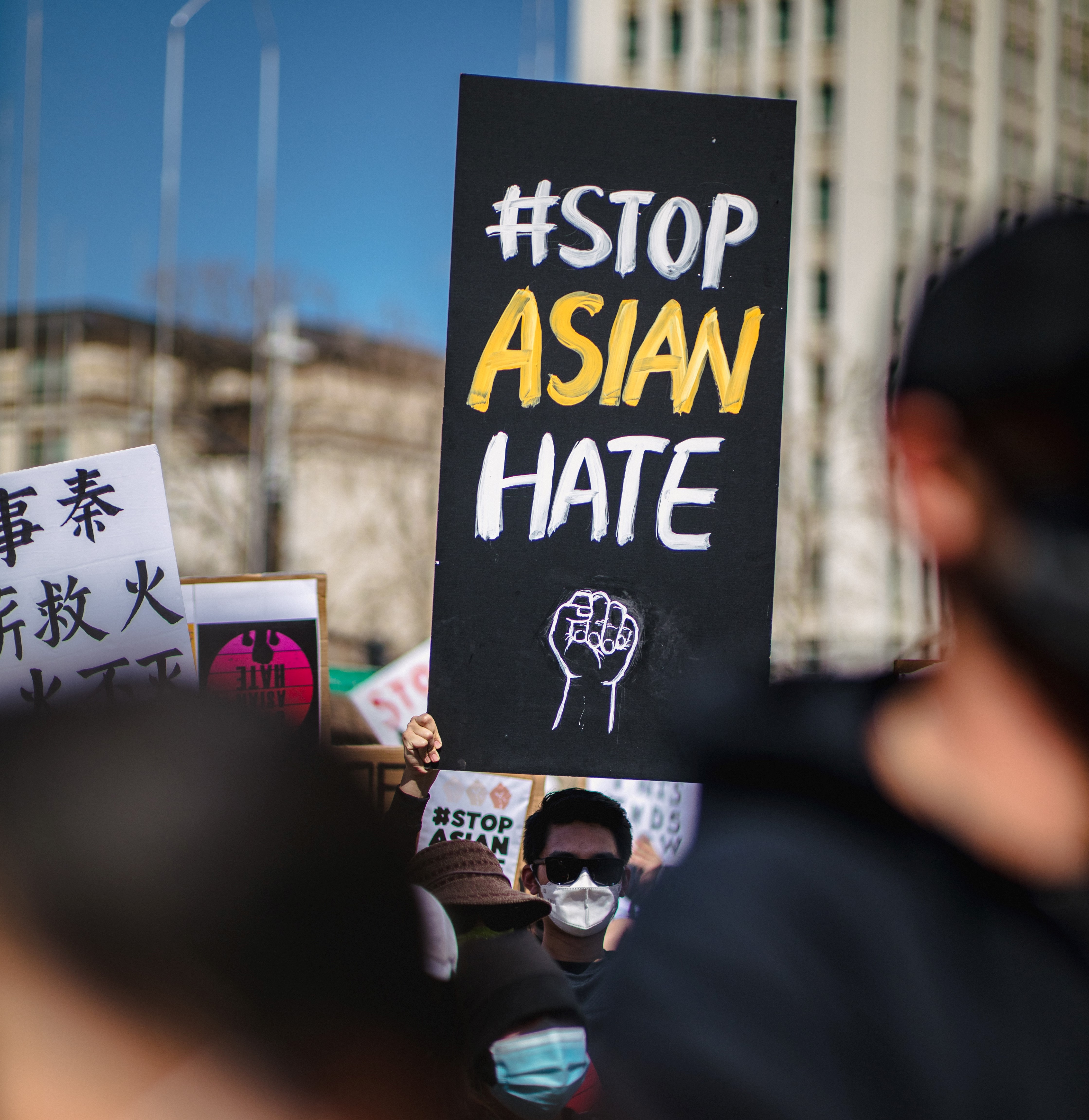How to Talk to Your Kids About School Shootings
Talking to your kids about school shootings is not an easy thing to do, and it can be tempting to avoid the subject altogether. However, according to mental health experts, it’s extremely important to have these difficult conversations with your children in order to help them process these tragic events and rebuild a sense of safety.
Here are some key points from our clinical team of mental health experts to keep in mind when talking to your children about school shootings.
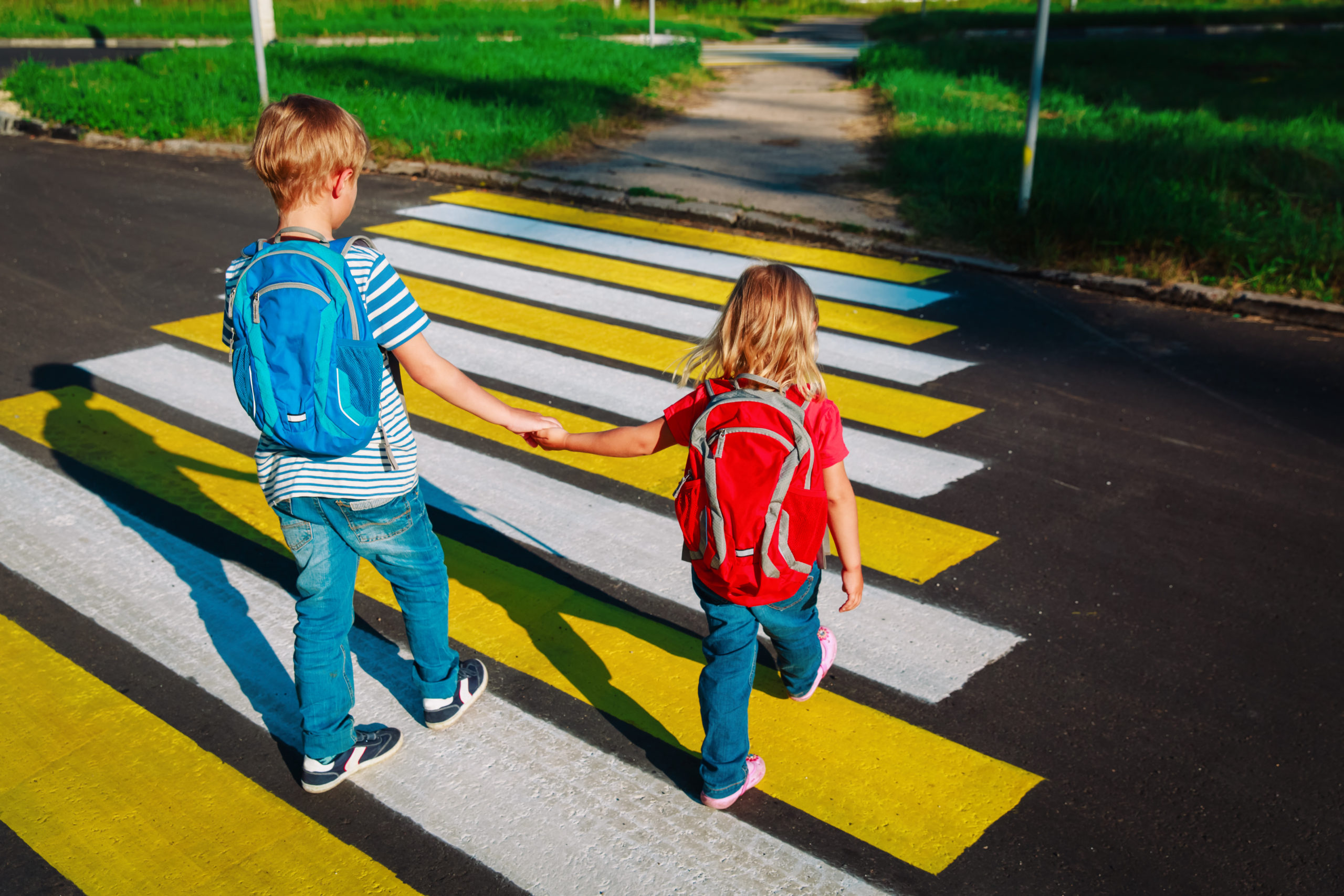
A good place to start the conversation about a school shooting is to determine your child’s awareness and understanding of the event and gauge their emotional reaction. Listening to their explanation of events allows us the opportunity to gently correct any misinformation about what happened. While encouraging them to voice their thoughts and feelings, provides validation and leaves the door open for future conversations.
Information parents provide about school shootings should be tailored to a child’s developmental needs. We recommend providing Children in early elementary school with simple and truthful explanations about events which focus on a reassurance of safety.
Older elementary aged children and middle schoolers may focus more on how these events challenge the reality of safety in their everyday lives. It may be helpful to reassure children of this age group by exploring specific ways in which safety is maintained in their environments. Older middle schoolers and high schoolers may focus on exploring their beliefs about why violence like this occurs and ways in which things can be changed to decrease it. These children should be encouraged and reminded of ways in which they can contribute to safety in their environments.
Some children may find expressing their thoughts and feelings verbally more difficult. In this case encouraging expression and communication through play (drawing/coloring, painting, writing, colors, objects, books, etc.) may be more helpful than a direct conversation.
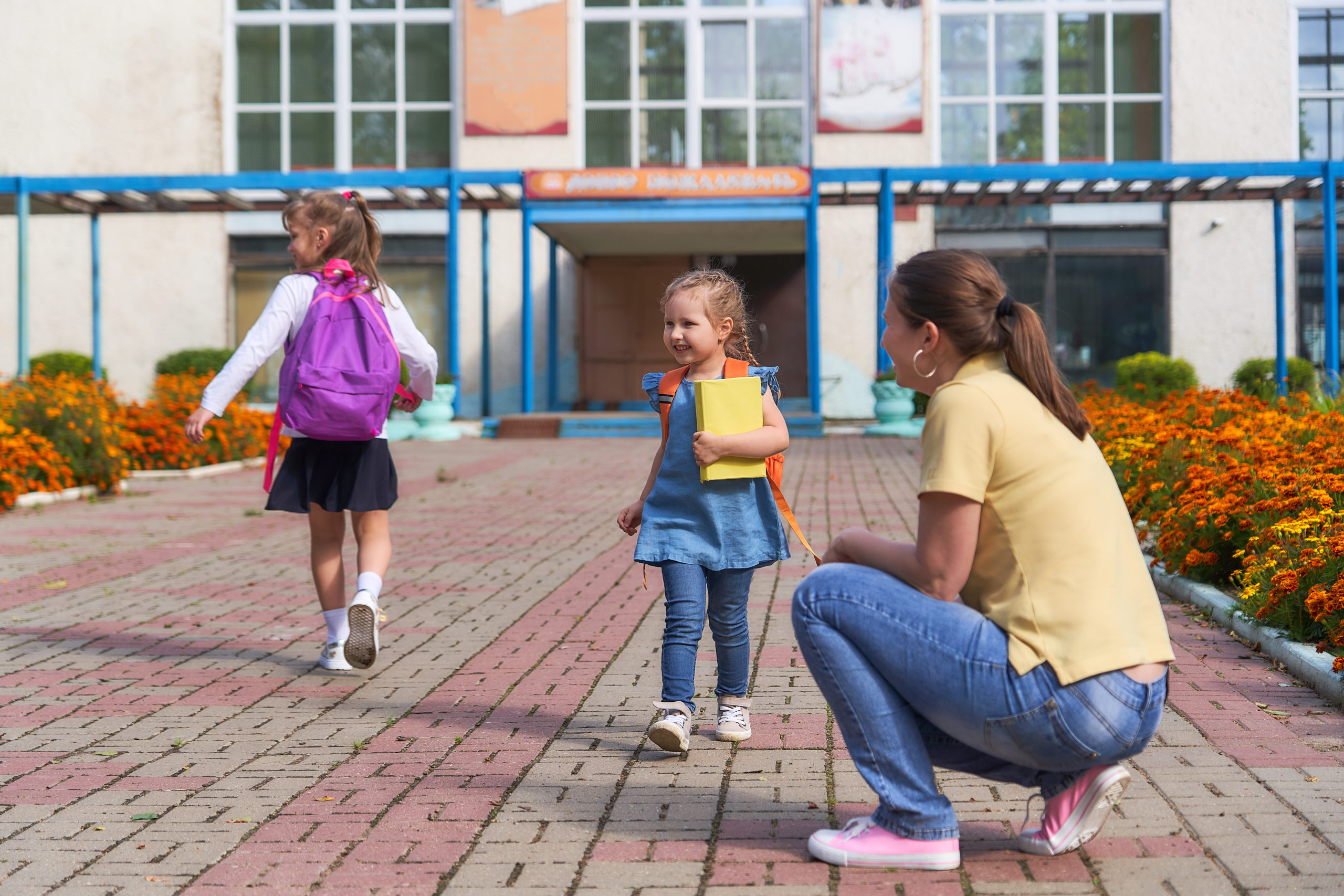
Whether far or near, school shootings can lead to feelings of anxiety and fear about safety. Children of all ages can be provided significant reassurance by the adults in their lives about the safety of their homes, schools, and communities. Reminders of the ways in which safety is maintained in these environments such as, locking doors, practicing emergency drills, and being able to identify trusted adults, may be helpful. In situations like these children need to be reminded that the adults around them are there for them and are doing everything they can to keep them safe.
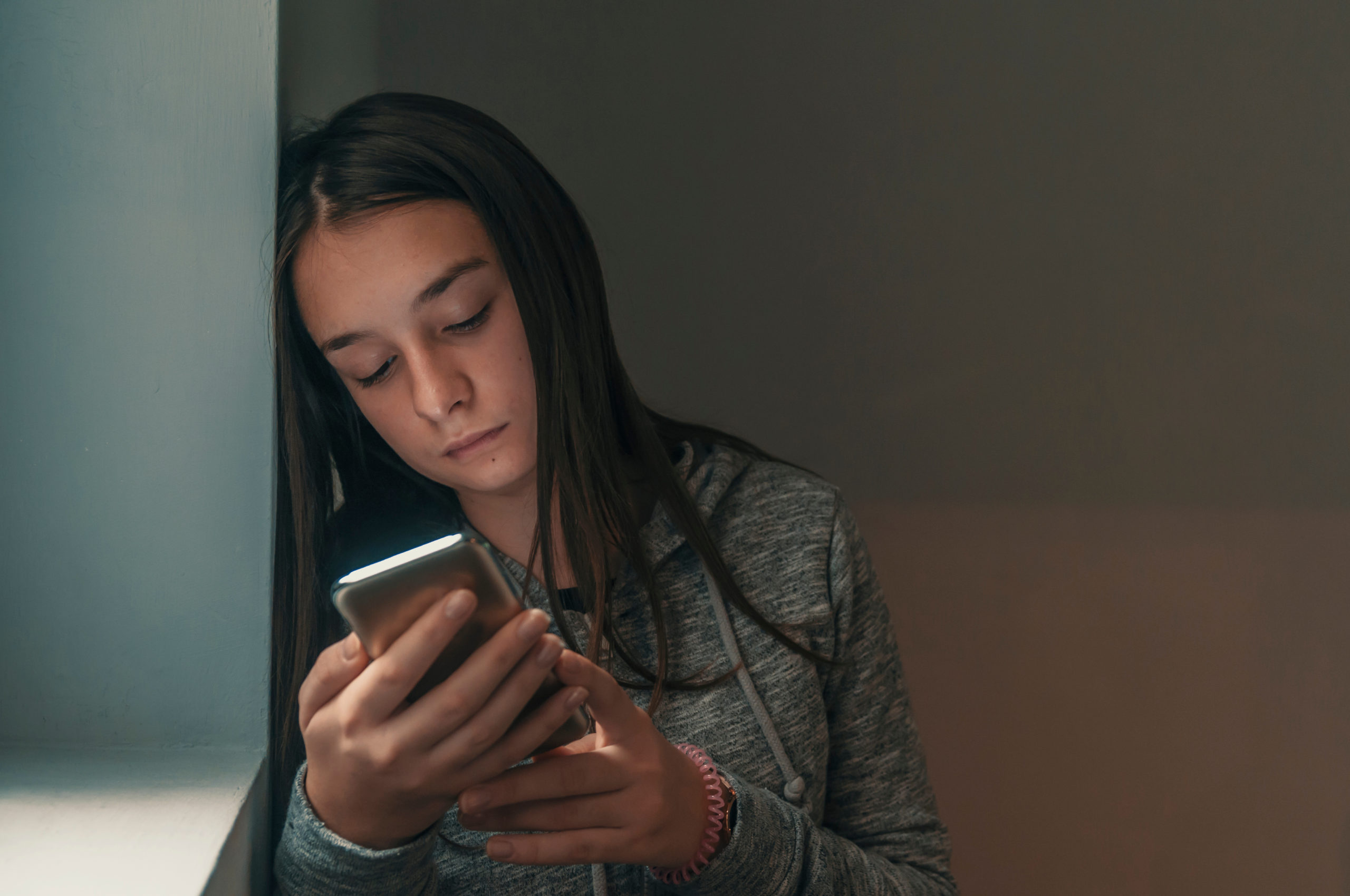
It is important to monitor and limit children’s exposure to news media coverage of school shootings. Though children may seek out information and want to “keep up to date,” repeated
exposure to footage and details of school shootings can heighten anxiety. This also applies to social media platforms children have access to. For older children, the goal is not to shield them from awareness of these events, but to reduce stress by providing reliable information and limiting retriggering anxiety and fear.
Maintain a Normal Routine
Maintaining daily routines can provide continued stability and safety for children when things seem out of control. Being able to rely on as much predictability in their lives as possible can mediate the after effects of community violence like school shootings.
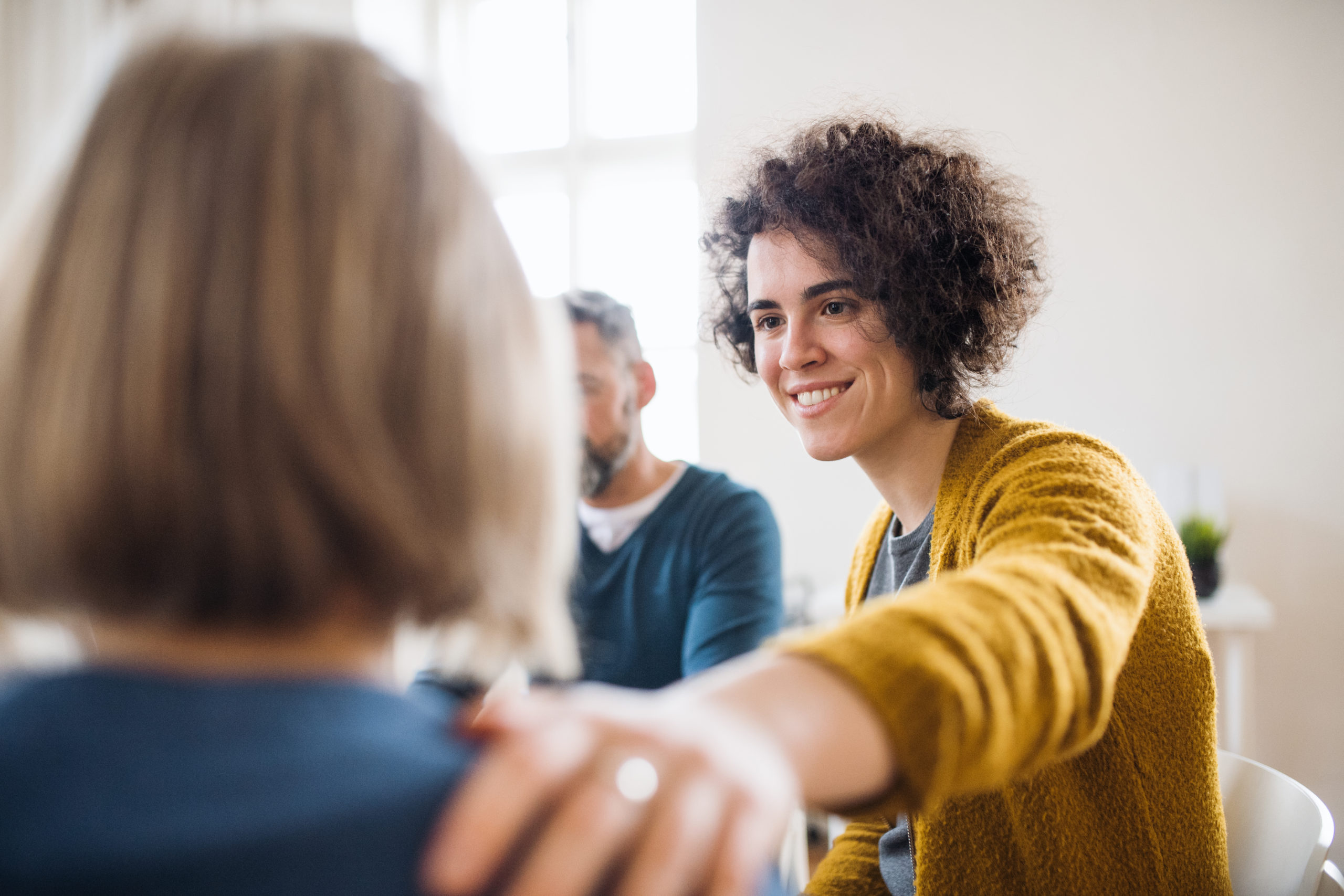
As parents/guardians, it’s easy to focus only on the needs of our children. But, remember it is important to prioritize your own needs so that you can be there for them. This may be a good time to utilize supportive resources such as spouses, friends, family, religious communities, cultural communities, and mental health services.
Most children experience less and less anxiety and fear about a school shooting event with time. For children directly involved or living in the communities where a school shooting has occurred this will be a longer process. Pay attention to changes in children’s behavior, such as reduced or increased appetite, sleep disturbance, avoidance of situations, irritability, “acting out,” etc. as these can be an indication of increased emotional distress. For children and families that have experienced previous trauma, events like school shootings can also have a longer lasting emotional effect. Mental health services may be needed for children and families to whom these situations apply.
Final Thoughts & Additional Resources
If you or your children need additional support processing and healing from exposure to difficult events like school shootings, you are not alone.We encourage you to explore the following resources for additional support if needed:
- SAMHSA National Helpline 1-800-662-4357, free, confidential, 24/7, 365-days-per-year, treatment and referral information service (in English and Spanish)
- SAMHSA National Disaster Distress Helpline 1-800-985-5990, 24/7 connection to the nearest crisis counseling center for those who have directly experienced a traumatic event or disaster, support for over 100 languages including ASL (when video calling used)
If you feel your child may need to speak with a professional for ongoing care, your primary care provider and/or insurance plan can be a good place to start for referrals. Valera Health also offers telemental health for children and adolescents, including individual therapy and psychiatry services. Visit www.valerahealth.com to request a consultation.
